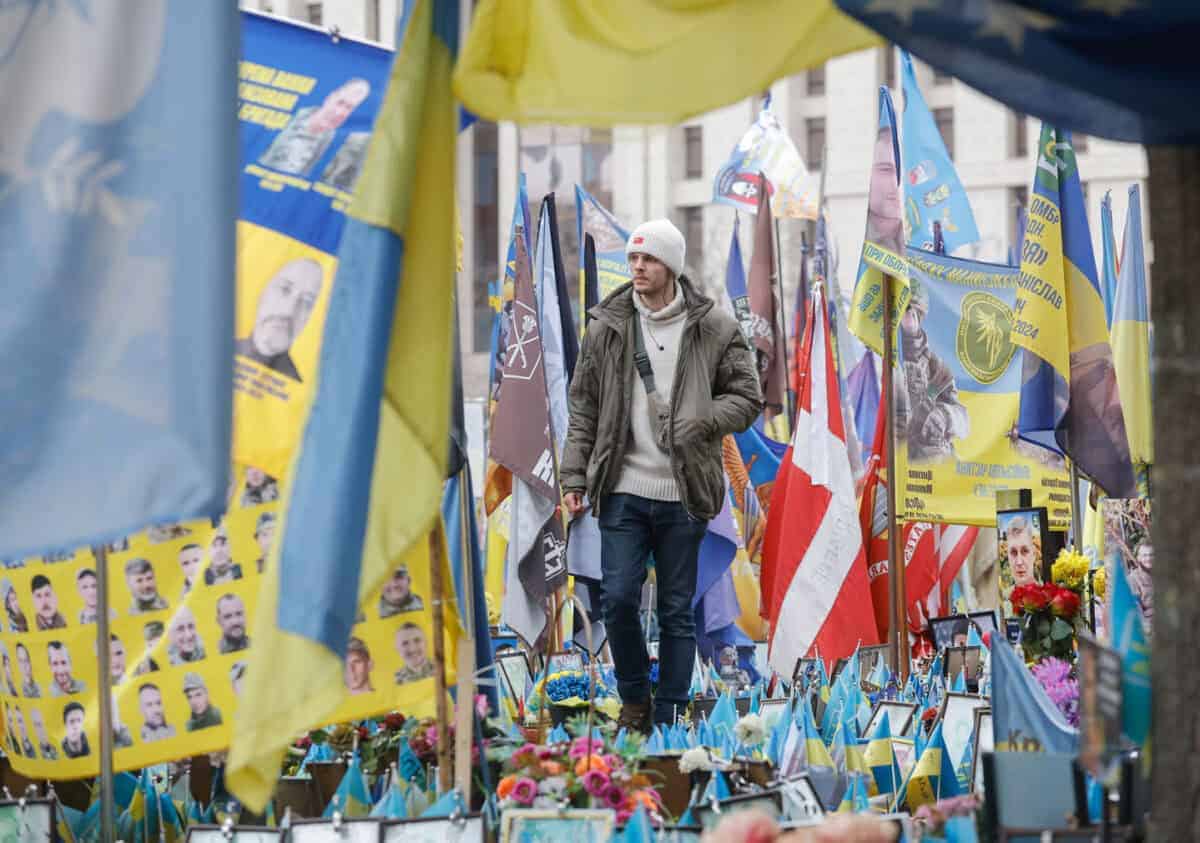The only viable solution to the Russo-Ukrainian conflict is to address Russia’s grievances and restoring the pre-2014 status quo.

The war in Ukraine was once on everyone’s mind as the only conventional conflict in the modern era, but now it has become the forgotten war, even as the massacre on the battlefront continues for Ukraine and Russia.
There was a time when it seemed as though the situation was close to being resolved, especially with the optimistic statements made by US President Donald Trump during his election campaign.
He claimed that he could resolve it within 24 hours of returning to the White House and he reiterated similar sentiments in recent months.
Some even suggested he deserved a Nobel Peace Prize for these unfulfilled promises.
But hopes were dashed over any immediate ending of the war in Ukraine, which had passed three years in February this year.
Instead of abating, it continues to escalate, with more soldiers dying. Instead of facilitating an end to the conflict, Trump prioritised the Israel-Palestinian war in the Middle East.
His efforts were not for the benefit of the Palestinians but, rather, to be admired as the world’s peacemaker and perhaps to secure the Nobel Prize.
The difference between the war he successfully brokered and the Russo-Ukrainian conflict is that he could not bully Russian President Vladimir Putin into accepting a subpar deal.
ALSO READ: King Charles hosts Zelensky ahead of London meeting on Ukraine missiles
Putin sought a clear agreement with the West that addressed the specific issues that led to Russia’s special military operation in Ukraine.
As outsiders, we may struggle to understand these motivations if we view the situation through jaundiced eyes. We need to revisit the root causes of the war.
There were underlying issues that ignited the conflict – issues that the West is aware of but chooses to overlook.
We must acknowledge that the North Atlantic Treaty Organisation (Nato) violated agreements with Russia regarding the eastward expansion towards its borders and the pledge that Ukraine would not join Nato.
Both of these actions represent an existential threat to Russia.
We should also consider the events of 2014, when the US played a role in the overthrow of a Russian-aligned president in Ukraine.
There is also the issue of neo-Nazi elements in the Ukrainian armed forces, continuously bombarding Russian-speaking areas in the Donbas region.
We must be honest in our evaluation of the situation, just as we must acknowledge that Israel’s response to the Hamas attacks on 7 October, 2023 was completely disproportionate.
ALSO READ: ‘Russia-China ties at unprecedented level’ – Putin
This response has led to the loss of innocent civilian lives, particularly among women and children. This doesn’t justify the Hamas attacks and hostage-taking, which South Africa repeatedly condemned.
We may be politically, socially, and economically conditioned to accept the Western world view in any conflict, but we should rely on our own judgment.
Accepting this form of colonialism, much like apartheid, affects its victims and beneficiaries differently.
European leaders often believe that the resolution to the war in Ukraine lies in defeating Russia, a goal many consider unfeasible.
They advocate for Nato’s unrestricted movement near the Russian border and support Kyiv’s aspirations to join the EU. This viewpoint appears to be misguided.
Despite insights from experts such as Prof John Mearsheimer, Prof Jeffrey Sachs and former US Army colonel Douglas MacGregor, many Europeans continue to believe Russia plans to takeover Ukraine and potentially overrun other European nations.
The only viable solution to the Russo-Ukrainian conflict is to address Russia’s grievances.
This means restoring the pre-2014 status quo, which would involve a withdrawal of Nato forces from anywhere in Ukraine and ensuring that Kyiv remains a neutral country.
NOW READ: EU: Russia ‘gambling with war’ by entering our airspaces






